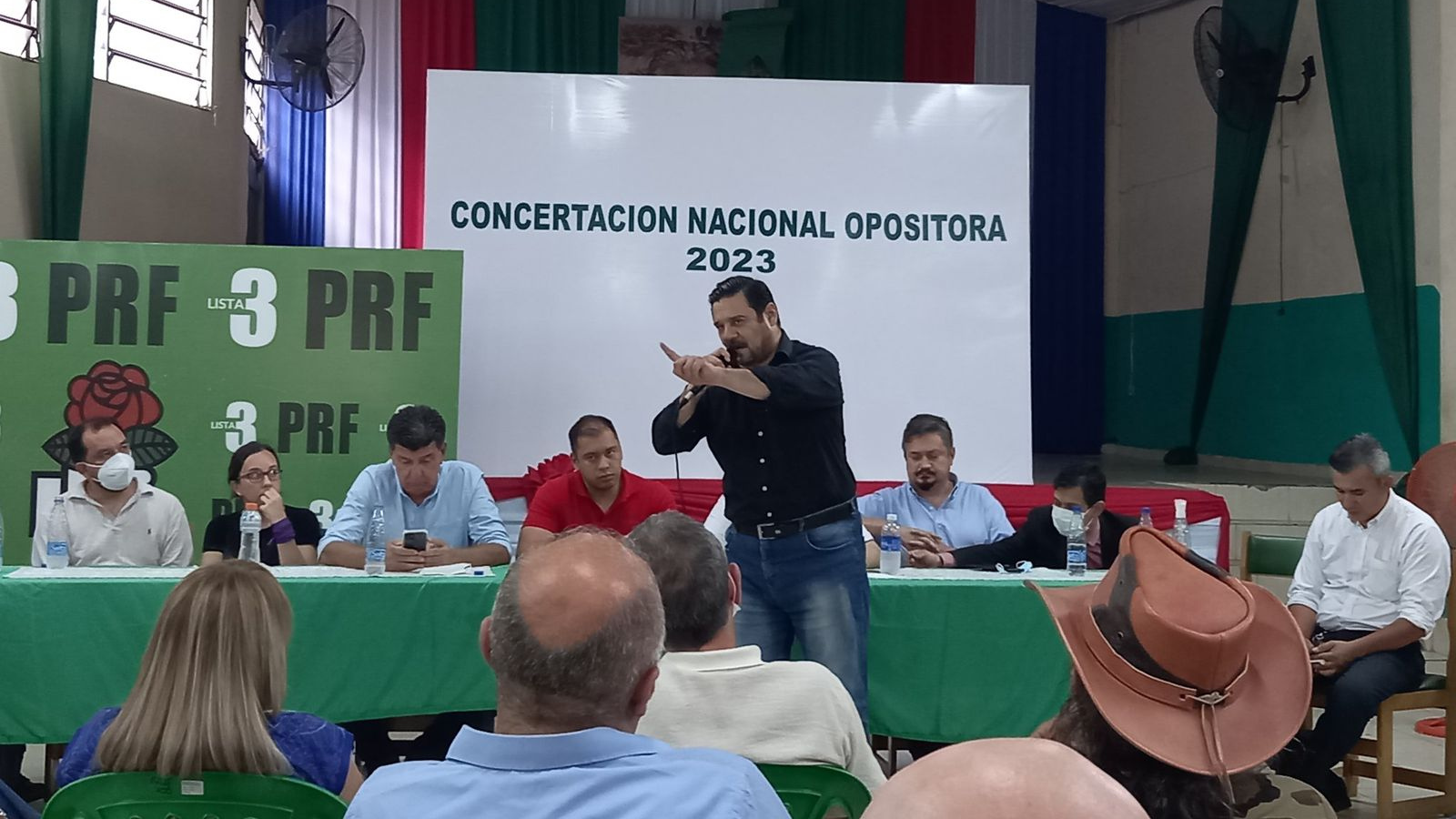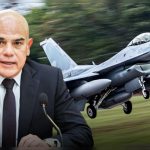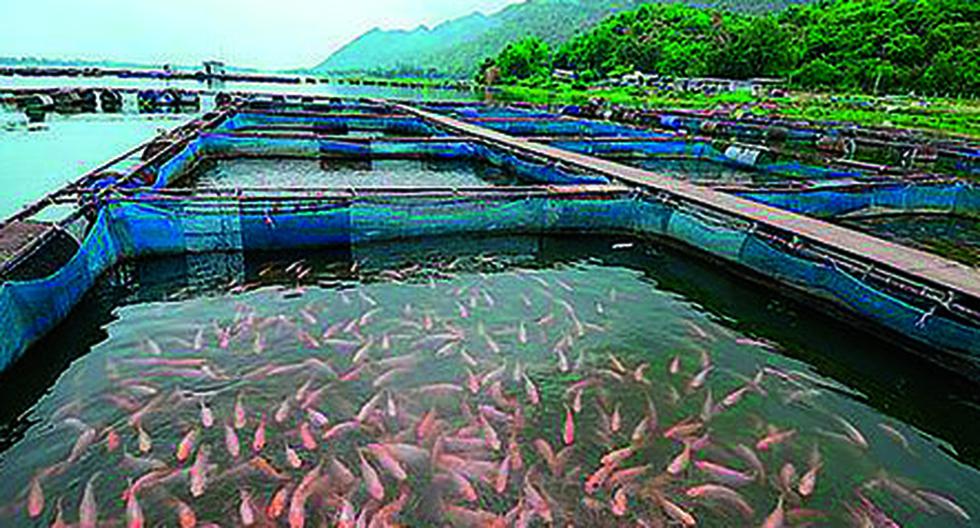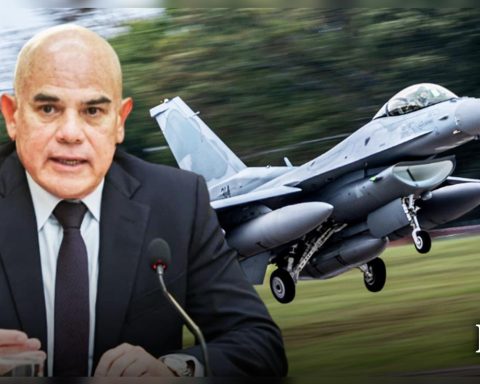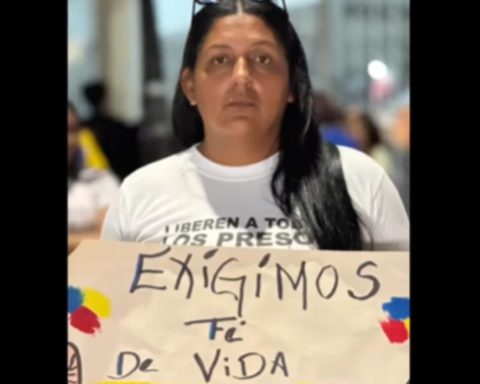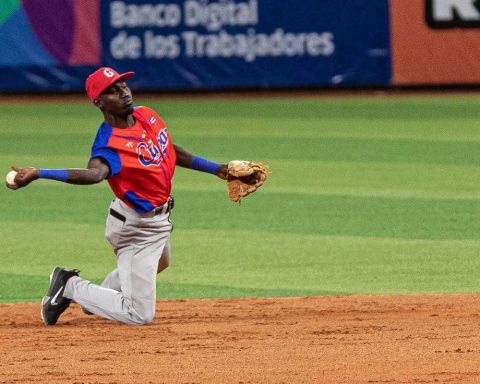Although the opposition parties continue to negotiate unity with a view to the presidential elections, everything indicates that they will also hold elections to define the best candidate.
Some of the applicants are; Carlos Rejala, deputy for Hagamos, Kattya González, deputy for PEN, Sebastián Villarejo, deputy for Patria Querida, Sixto Pereira, senator of the Guasu Front, Hugo Fleitas, liberal governor of Cordillera, Efraín Alegre, president of the Liberal Party, Paraguayan Cubas, former senator of the National Crusade, just to name a few.
POLITICAL AGREEMENTS
Hugo Richer, national senator of the Guasu Front, pointed out that before talking about agreements or alliances, the political agreements must first be defined.
“What we have to know first is the amount of points we can agree on. The tax issue, public health, education, corruption. You cannot make alliances or agreements if we do not reach minimum agreements beforehand, ”he explained.
The legislator points out that it is not a matter of only defeating the Colorado Party, but of clearly defining what they will do with the country if the elections are won. For Richer, these political agreements must be defined by the middle of next year at the latest.
CONCERTATION OR ALLIANCES
The differences between agreement or alliances are the following; the former must remain united if the elections are won. Unlike the alliances that can come off the day after winning the votes.
On the other hand, in a concertation, the member parties must remain allies until the end of the period. For example, if they win in 2023, they will have to continue working together until the end of the mandate in 2028.
The second and most important difference is that in a concertation, candidates are chosen through elections. For this purpose, all the registers of the political nucleations that are part are integrated. In this way, in a single register, all the candidates compete.
In the case of alliances, each party chooses the plate, such as the position of the candidates on the lists for parliament.
Salyn Buzarquis, national senator for the PLRA, who was just participating in a meeting to seek a national consensus last Monday, pointed out that there is still no talk of candidacies, but stressed that each of the candidates has the right to set up their lock.
“The elections will be during the internal elections on December 18. It is the day established by the TSJE ”, he affirmed.
I WANT
Jorge Querey, national senator for the Guasu Front, said that the agreement offers a better scenario for the opposition to define candidates.
“If there are several candidates, it will be possible to define democratically in a consultation. The difficulty goes through the construction of a common register. There is no opposition in principle to this alternative ”, he pointed out.
He affirmed that the problem of land, agrarian conflicts, social security, energy sovereignty, tax issues, social investment and industrialization are some of the most conflictive points that can make agreements difficult.
